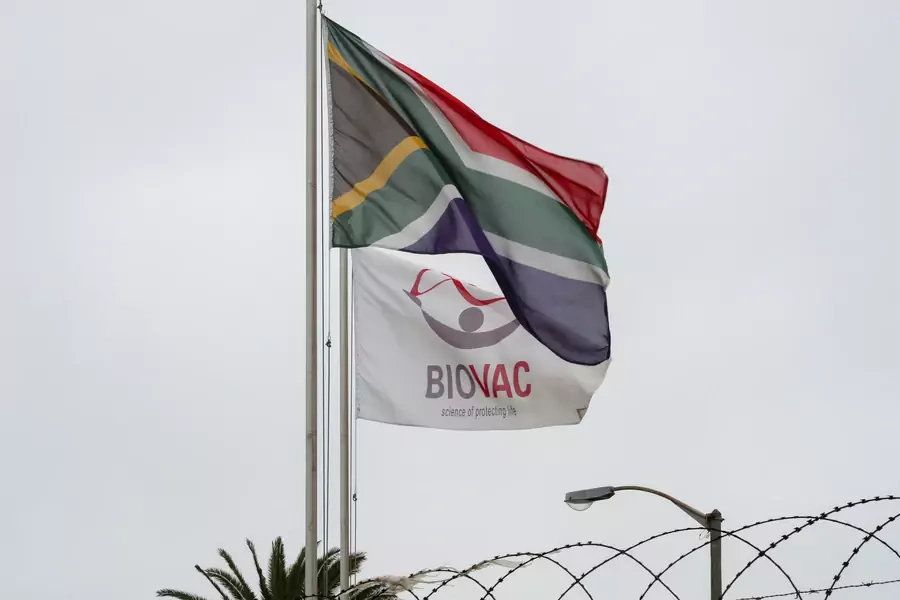South Africa’s Biovac Strikes Deal to Make COVID-19 Vaccine

Sub-Saharan Africa lags behind the rest of the world in vaccination against COVID-19. It is widely feared that the next few months could see a humanitarian tragedy reminiscent of India’s second wave of COVID-19. While the low rate of vaccination has multiple causes, perhaps the most fundamental is the shortage of vaccine. Most of the Pfizer, Moderna, and Johnson & Johnson vaccine production has been purchased in advance by wealthy countries. India, a major producer of vaccine, has cut its exports because of domestic needs. China, however, says it is providing vaccine to some forty African countries. The United States and other developed countries are also providing vaccine, but the sense is that in the aggregate, these outside sources are not enough.
A widely advocated solution is for sub-Saharan Africa to develop its own pharmaceutical manufacturing capacity. Hence the excitement over the announcement that a partnership between Pfizer and the Biovac Institute in Cape Town, South Africa to manufacture the Pfizer-BioNTech COVID-19 vaccine. Production will start early in 2022, with the goal of producing 100 million doses annually. The Biovac Institute is a partnership between a private South African company and the South African government. It was established in 2003 to build an indigenous vaccine production capacity.
More on:
The Pfizer agreement with Biovac is welcome—but it has its limitations. The Biovac arrangement is a “fill and finish” agreement in which the South African company imports the ingredients from Europe, blends them, puts them in vials, and then packages and distributes them across the continent. Johnson & Johnson already has a similar production arrangement with an Aspen Pharmacare factory in Port Elizabeth. Critics, including officials with Doctors Without Borders, note that the big pharmaceutical houses are not sharing their vaccine-manufacturing technology with Biovac.
Nevertheless, “fill and finish” is a step forward. South Africa is notorious for having by far the heaviest COVID disease burden. However, South Africa also has the best statistics infrastructure in Africa. It is possible that the South African burden is not so different from elsewhere on the continent.
South Africa has made more progress in vaccination than is often acknowledged by the outside media. Official figures show that more than 6.6 million doses—of which over 5.3 million are Pfizer doses, the remainder from J&J—have been administered to a population of some 60 million people. The Ramaphosa government’s goal is to have two-thirds of the population partially vaccinated by February 2022.
More on:
 Online Store
Online Store
